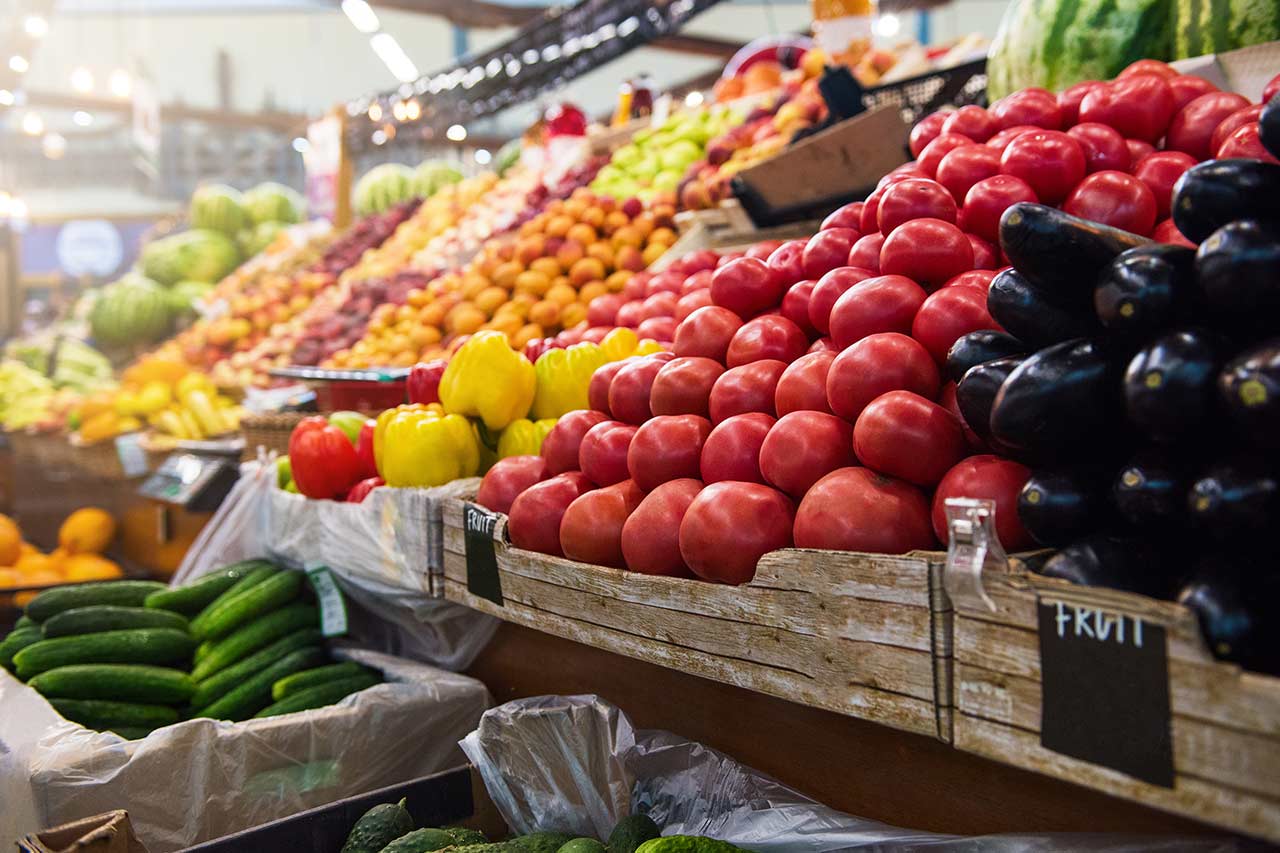French agriculture: 3 challenges for the future

Profound changes are impacting our societies, from population growth and aging to global warming, social inequalities and socio-demographic imbalances. The agricultural world, which is undergoing significant transformations, must also adapt and respond to these changes. These are complex challenges to address as they are interdependent and require the joint action of all players, from businesses to public institutions, including farmers and consumer-citizens. The Alcimed’s French Agri-Food team reviews three of the main issues currently faced by French agriculture.
1. Adaptation and contribution to environmental issues to limit greenhouse gas emissions
The world is facing a global climate disruption, leading to weather patterns that are increasingly difficult to predict. French agriculture is suffering the effects of these upheavals but is also being singled out as one of the main causatives agents and must adapt in order to contribute to the greenhouse gas (GHG) reduction plans. Indeed, this sector represents 16% of the french GHG emissions, behind the transportation sector (29%). Cattle breeding, of which France is the leading European producer, significantly contributes to GHG emissions, notably through feed production, enteric fermentation, and livestock effluents. Manure valorization, protein autonomy, energy optimization and herd management are solutions that will help limit GHG emissions. In 2019, the French government also validated the “Carbon Agri” methodology, enabling livestock farmers to be remunerated for their efforts to mitigate climate change by selling carbon credits to companies or local authorities.
2. Reconciliation of both “consumers-citizen” and the agricultural world
Consumer demands are becoming more and more pressing, forcing changes in agricultural practices towards animal welfare, the absence of chemicals and others. These needs require a real adaptation effort from the agricultural world, as they involve changes in farming models and techniques over time and are not always in line with the realities on the ground. In a climate of “agribashing” and misunderstandings between upstream and downstream players, it is essential to foster new bonds of trust between farmers and “consumers-citizen” by promoting dialogue and transparency. It is also necessary to improve the agricultural profession’s image and demonstrate to society that agriculture is one of the key levers to achieve sustainability objectives.
To this end, technologies such as blockchain might be able to lay the foundations for a new dialogue, where the role of social networks can also increase.
3. Ensure farms economic resilience
The global demographic explosion has induced increasing needs in terms of production volumes. To meet with demand, it is therefore essential to adapt our economic models to enable farmers to produce more efficiently while maintaining enough profitability to make a decent living. However, this is a real challenge in a context of free-market economies facing increased competition, particularly coming from Eastern European countries. As they benefit from large agricultural areas and growing advantages in terms of quality. Farms’ economic resilience is a major challenge, as it ensures farming professions’ attractiveness, thus preserving one of the major economic sectors in France.
French agriculture is facing major challenges that require deep changes: it is necessary to create new systems that are more resilient, both from an economic and environmental point of view. They must also adapt to the downstream needs while creating new bonds of trust with society. The adoption of sustainable farming practices will also require the use of new tools, such as digital technologies with high-performance, financially accessible and interoperable solutions; or progress in genetics, despite a constrained framework in the context of globalized competition.
About the authors
Clémence, Senior Consultant, Alcimed Agri-food Paris Office
Mathieu, Responsable de Mission, Alcimed Agri-food Paris Office
Do you have an exploration project?
Our explorers are ready to discuss it with you